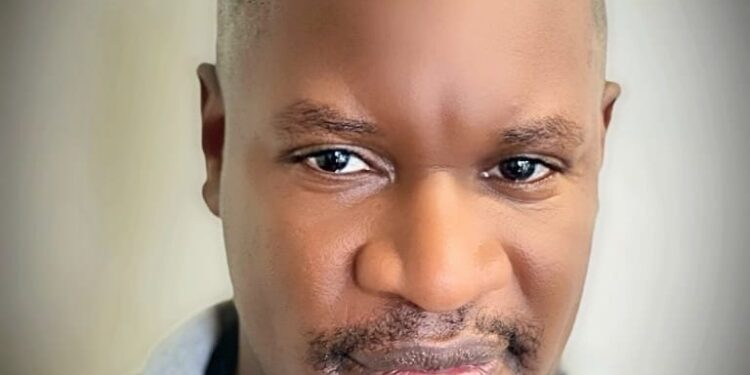Dear friends,
I recently watched a video of our former Vice president, Dr. Specioza Wandira Kazibwe, and she was talking about several issues, including the health economics (HE) she studied at Harvard University. She said that the HE program is tailored to promote the donors lifestyle rather than Africa. She may be right on this but her argument that followed wasn’t convincing at all.
She specifically said that most of the vaccinations the developed nations are promoting in Africa aren’t done in their own countries. She also said that she grew up knowing about 4- 5 Vaccines, and she found the increase in the number of vaccines unnecessary, a bit suspicious or something like that.I beg to disagree with her, and I’m hoping that her followers don’t just take her words as some form of Bible truth. Vaccines have played a big role in making developed nations healthier than Africa.
Now I can only speak from my experience with the system here in the UK. You’re looking at a grand total of 18 separate vaccinations between birth and the age of 25 (for a female). The HPV vaccine, for instance, currently guards against four types of HPV viruses that can cause problems in later life, including cervical cancer. It’s one of the only cancers that you can vaccinate yourself against. HPV can also cause problems for men (and men can pass on the virus to women), so many countries have extended the immunisation program to boys as well. Dr. Kazibwe sounded like she wasn’t so much in favour of HPV vaccinations, and I’m really hoping that I got her wrong on this one.
Most developed countries also do recommend flu shots. Here in the UK, people get the flu every year – You might not die of it, but you could pass it on to an immuno-compromised child or another at-risk person. For the record, I don’t take flu jabs anymore because they caused serious side effects on me. I just use turmeric and lemon to fight flu for now, but I wouldn’t stand in the way of someone taking them.
With regards to HE specifically, I think it has a bright future both in developing and developed worlds because we, as humans, have the tendency to see the immediate benefits and make decisions based on that rather than considering the prolonged negative effects as well. For example, for decades we kept focusing on economic growth through industrialization (more factories) which eventually lead to global warming, water scarcity, new diseases etc.
So, even with innovations and discoveries in new technologies, humans by nature would find ways of inflicting pain to themselves. Health economics would allow us to study the cause and effect of such decision making in the context of their implications on human health. For example, does urbanization lead to better health status of those individuals migrating from rural areas? Dr.Kazibwe argued that rural life is better and that’s why she moved away from Kampala, and I kind of agree with her – I like peace and quiet.
But she talked about the uses of the mosquitoes in the Pollination process, and I wondered whether she would like us to preserve mosquitoes or not. A lot of African kids are dying of malaria more than any other disease. So, I wondered where she was going with that narrative. I hope she’s interviewed again to enlighten us on what she was trying to drive at.
Personally, I have always encouraged people to self-educate themselves without lecturers and certificates. The problem is that in Africa, people would still ask for your degree in something before you talk about it, and it’s sad. Health economics is the branch of economics which is concerned with healthcare costs and financing.
At the micro level, a health economics degree would enable you to analyse the costs at both individual and community level of treating (or not treating) certain medical conditions and to compare the cost-effectiveness of different treatment options. Now, this is something anybody can do without necessarily a degree.
At the macro level, it could be used to design healthcare financing systems tailored to the needs (and affordability) of a particular country or society. Employment opportunities include government, healthcare provider/insurer, university or consulting company.
I think all the above relate to Africa as well-developed nations. This may sound rude but I think It’s unfortunate that Dr. Kazibwe did her course when she was a bit old, such that her studies haven’t really benefited Uganda that much. The scholarship should have been given to a younger person, but those are some of the mistakes president Museveni keeps making in order to quietly move certain people from offices. I think her point on integrity of leaders should have fitted this properly — why would a leader with integrity waste resources on people that may not need them? It doesn’t set a good example for the younger generation at all, I guess. lol.
Do you have a story in your community or an opinion to share with us: Email us at editorial@watchdoguganda.com













